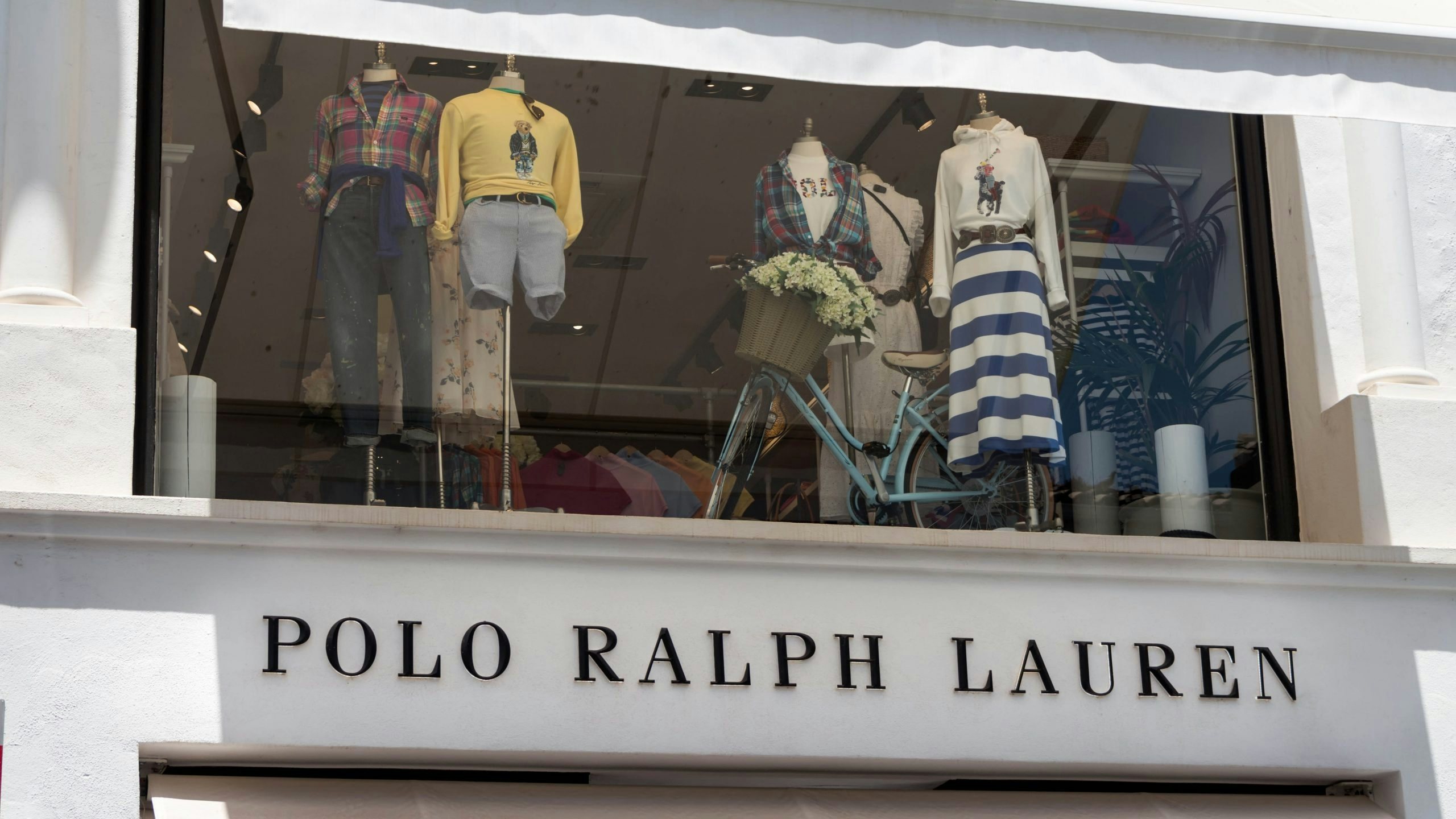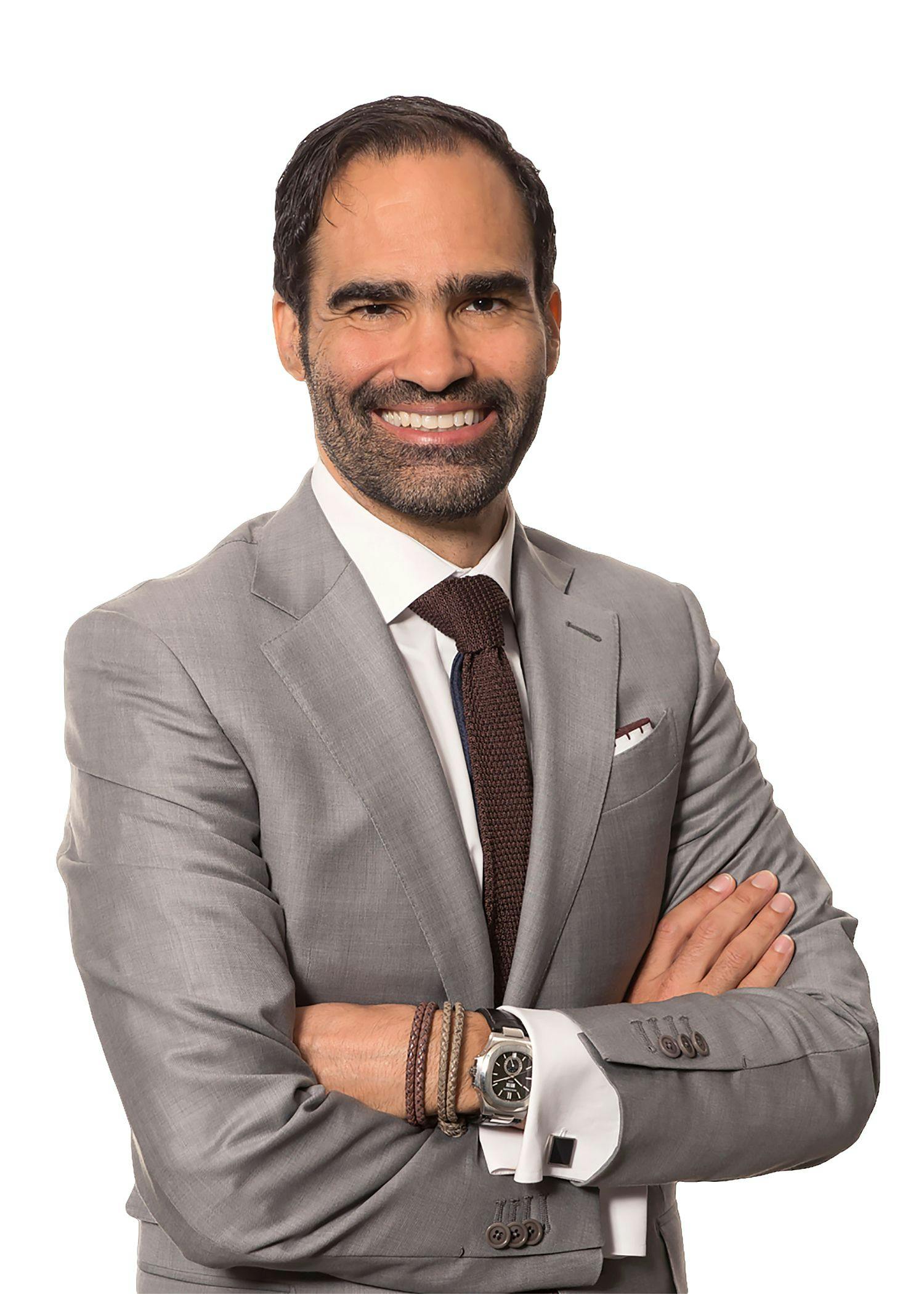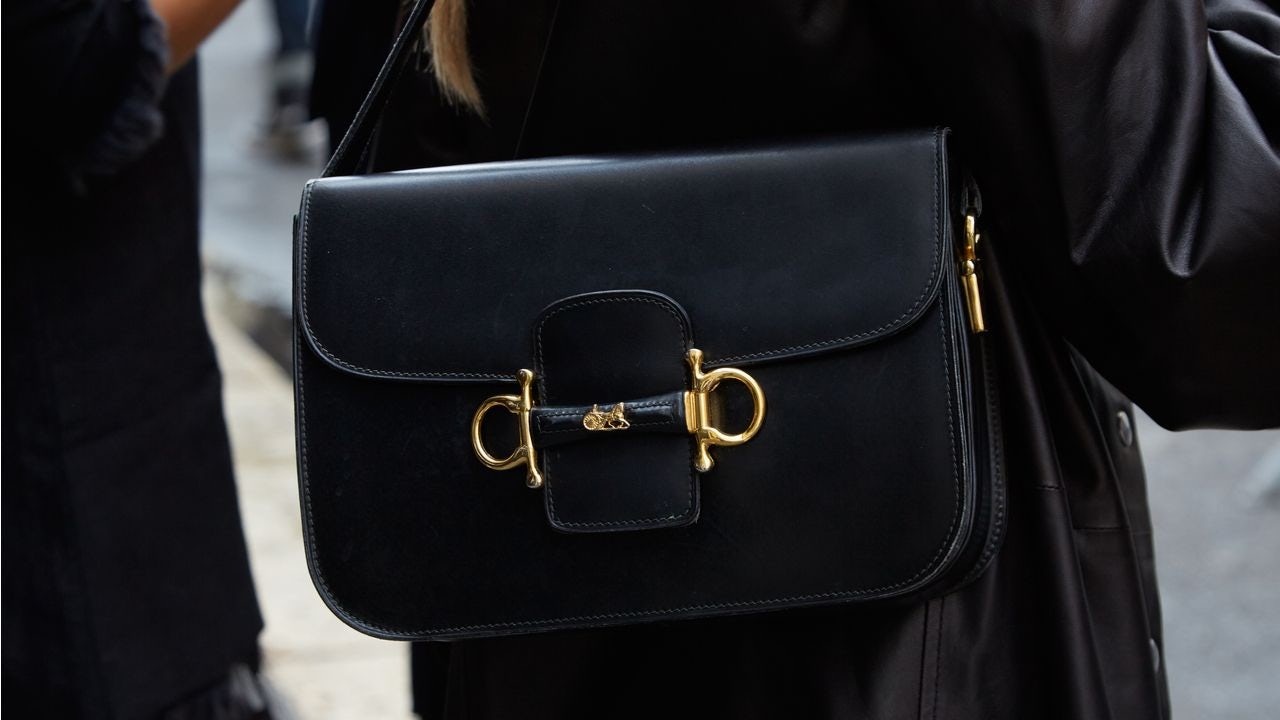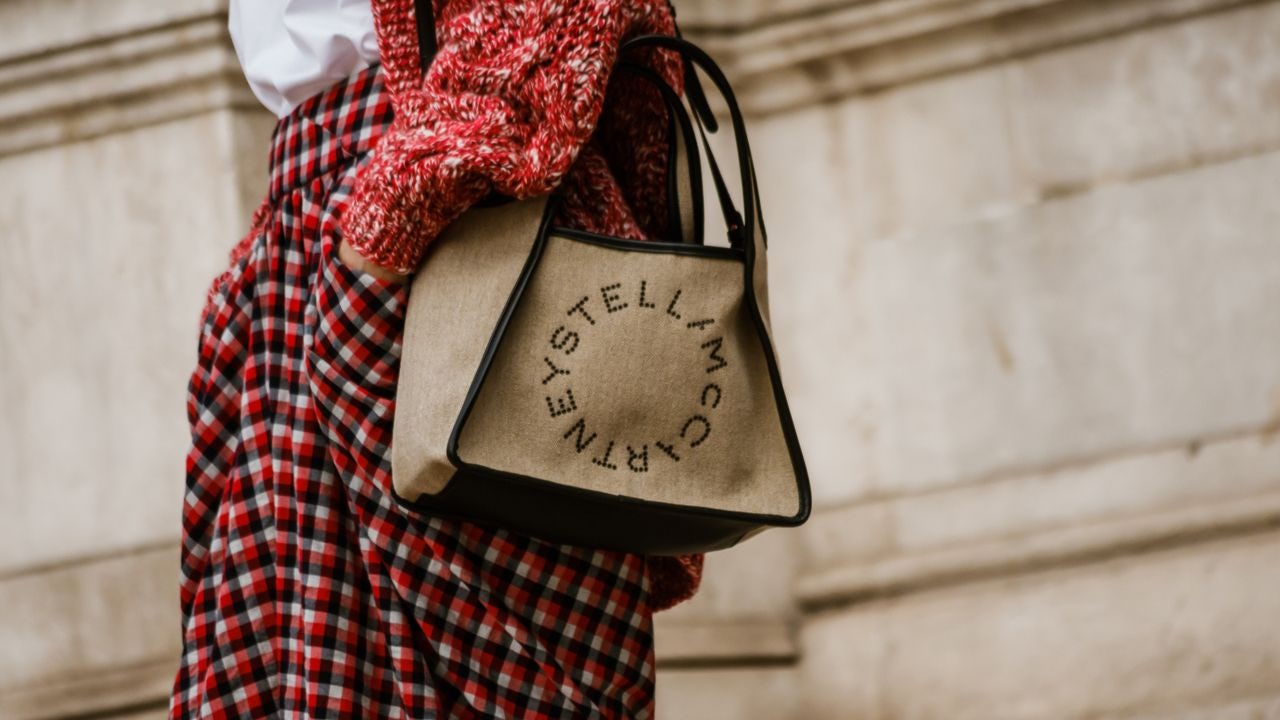With soaring interest rates in the US and Europe, the ongoing uncertainty in the Eurasian region due to the war in Ukraine, and the slowdown of the economy in China, the prospects of a global recession are at a point where many managers of luxury brands are asking themselves what to do. In a recent discussion with an American-based luxury line, this exact question came up.
“What shall we do? Is it the right time to continue launching high-priced items, or should we consider lower-priced product ranges, or even reducing prices?” Another recent discussion had a similar tone. The marketing team of the brand was challenged by the CEO to run their first major promotion in many years. The rationale was that one temporary price decrease can not fundamentally do any harm. The expectation of the CEO was that it would help to boost sales, reduce inventory and cost, and that, in his point of view, the effect on brand equity should be marginal given the one-time character of the promotion.
These two examples are typical discussion points as the economy slows down and crisis is on the horizon. I vividly remember the period between around 2008 and 2009 when, during this subprime crisis, many managers of luxury brands as well as industry observers were absolutely convinced that it would be the end of the luxury market as we know it. If we take the period between 2009 and 2019, obviously, the opposite happened. The growth rate of the luxury sector was never as high as during that decade.
When we go into a bit more detail, it becomes obvious that not all ships rise when the ocean rises. In fact, the performance delta between the most successful brands during that timeframe and the ones that were lagging behind is quite staggering. The labels that were focusing on creating extreme value and desirability while constantly increasing prices had the most successful period, while the businesses that were focusing on promotions or entry-level segments were the ones that either stagnated or even declined.
In times of crisis, people look for brands that give them emotional reassurance and stability. When labels promote, they destroy trust. It may be counterintuitive because, at first glance, one may think that offering more affordable products would be a driver of growth in crisis. In reality, the opposite happens.
So, what should brands do? In my opinion, the only way to be successful in a crisis is to overdeliver on customer expectation. This means to inspire, delight, surprise, and innovate. It also means to fire from all cylinders when it comes to customer connection. This will lead to a significant increase in brand equity and help solidify a position in the preference set of clients.
Skating back and/or refusing prices has the opposite effect. In an upcoming research paper that I will publish in Harvard Business Review, we were able to quantify for the first time the effect of several variables on the long-term development or decay of brand equity. Price volatility is the main driver of brand equity destruction.
Names that shift their focus towards lower-priced items or increase their promotion frequency basically self-destroy. The price often works as a one-time lift: when companies analyze the long-term effects of promotions over time, not only does the lift decrease, but also the overall negative effect on volume and profitability skyrockets. In luxury, price decreases always destroy value and signal to clients that they cannot trust the brand. It’s a signal that the value the house provides may actually be dramatically lower than what it suggests through its story and advertising.
Hence, in a crisis, brands need to refocus on their core value and core positioning. They need to inspire and indulge their clients. They need to create maximum desirability. Since the price is simply a reflection of value, brands that focus on extreme value creation have nothing to worry about. For the others, the crisis may turn into a nightmare.
This is an op-ed article that reflects the views of the author and does not necessarily represent the views of Jing Daily.
Named one of the “Global Top Five Luxury Key Opinion Leaders to Watch,” Daniel Langer is the CEO of the luxury, lifestyle and consumer brand strategy firm Équité, and the executive professor of luxury strategy and pricing at Pepperdine University in Malibu, California. He consults many of the leading luxury brands in the world, is the author of several best-selling luxury management books, a global keynote speaker, and holds luxury masterclasses on the future of luxury, disruption, and the luxury metaverse in Europe, the USA, and Asia. Follow @drlanger



